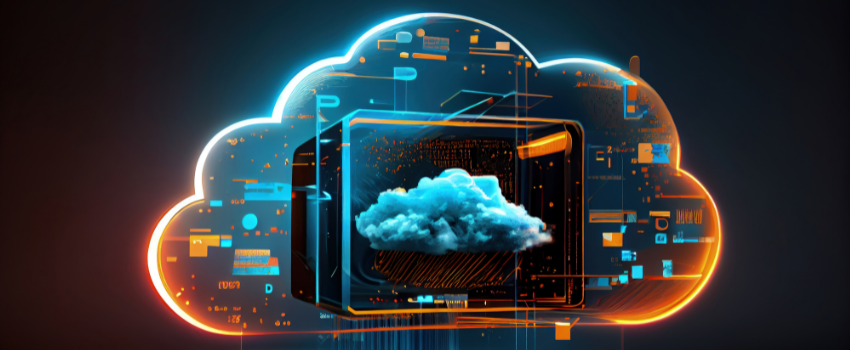Online security is extremely important these days, as more and more of our lives take place online. Web browsing has become a part of our everyday life and we face it almost every day. However, many people do not know how to protect themselves from the dangers lurking online. In this article, we will present some tips for beginners about protecting your privacy online.

1. Use strong passwords
Your password is your first line of defense against having your account hacked. That is why it is important to choose a strong password that no one else can guess. The password should contain a combination of upper and lower case letters, numbers and special characters. It is also crucial not to repeat passwords or use them for multiple accounts.
2. Use security programs
Using security programs such as antivirus programs, anti-marketing programs, and firewalls can help protect your computer from harmful programs. These programs will help prevent your computer from being hacked and keep your personal information safe.
3. Use secure connections
When browsing the web, be aware of secure links. Use only secure connections. These links are encrypted and safe to use.
4. Do not share personal information
Do not share personal information on websites you do not trust or know. Personal information such as credit card numbers, addresses, phone numbers and email addresses can be very sensitive information. Be careful when sharing this information and only use it on websites you fully trust.
5. Use a private browser
If you want to maintain your privacy online, use a private browser. Private Browser will prevent browsing history and cookies from being saved, thus preserving your privacy.
6. Verify the authenticity of websites
Before entering your personal information on a website, verify its authenticity. Check the URL address to make sure it is the right website. Be careful when clicking on links in emails or on social media, as they may be fake and may redirect you to a fake website.
7. Change passwords regularly
Changing your passwords regularly is critical to the security of your account. Passwords should be changed at least once every three months and not repeated for multiple accounts.
8. Avoid public Wi-Fi networks
Public Wi-Fi networks can be very dangerous for your privacy. Avoid using public Wi-Fi networks to send sensitive information such as credit card numbers or passwords.
9. Be aware of fake news
Fake news has become a huge problem online. Be on the lookout for news that seems unusual or too good to be true. Check the source of the news to make sure it is a credible source.
10. Use multi-factor authentication
Multi-factor authentication has become a standard practice for online security. This process allows you to further protect your account by using another authentication factor, such as an SMS code or authenticator app.
Conclusion
Online security is vital for anyone who uses the internet. By following these online privacy tips, you can reduce the risk of your account being hacked and keep your personal information safe. Remember that online safety is up to you and you should be alert and cautious when using the internet.



